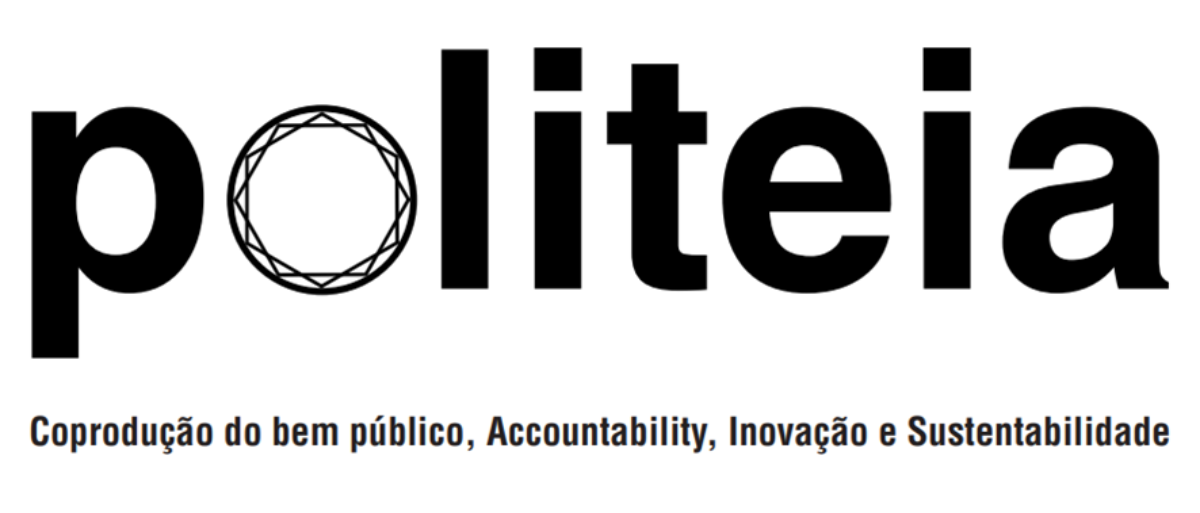No dia 01 de junho de 2021 ocorreu o Webinar intitulado How to make mid-level theory more useful for social accountability that contributes to building back better? (Como tornar a teoria de nível médio mais útil para a accountability social ?)

O evento contou com 120 participantes. Dentre os expositores estavam Estelle Raimondo, da Senior Evaluation Officer, Independent Evaluation Group; Tom Aston, consultor independente, SALT project; Florencia Guerzovich, Consultora Sênior de Monitoramento, Avaliação, Pesquisa e Aprendizagem; e James D. Long, Professor Associado de Ciência Política, co-fundador do Fórum de Economia Política, University of Washington.
Os especialistas discutiram como os “inovadores” estão usando a teoria de nível médio para lidar com os “pecados originais” das Teorias da Mudança, que muitas vezes carecem de teoria explícita e incluem hipóteses que muitas vezes não podem ser testadas.
A gravação do webinar, bate-papo e informações adicionais já estão disponíveis
Pesquisas complementares:
- Evaluation Results of “Citizen Voice & Action” Nobo Jatra Program, World Vision Bangladesh
- Using middle-level theory to improve programme and evaluation design, CEDIL
- The Global Partnership for Social Accountability: Theory of Action
- Citizen Voice and Action for Government Accountability and Improved Services : Maternal, Newborn, Infant and Child Health Services : Final Evaluation Report, GPSA-funded project, implemented by Wahana Visi Indonesia.
Cross-posting GPSA’s knowledge platform: https://gpsaknowledge.org/events/kp-webinarhow-to-make-mid-level-theory-more-useful-for-social-accountability-that-contributes-to-building-back-better/
Webinar organized in partnership with the Scaling Social Accountability for Health: Leveraging Public Policies and Programmes project.

